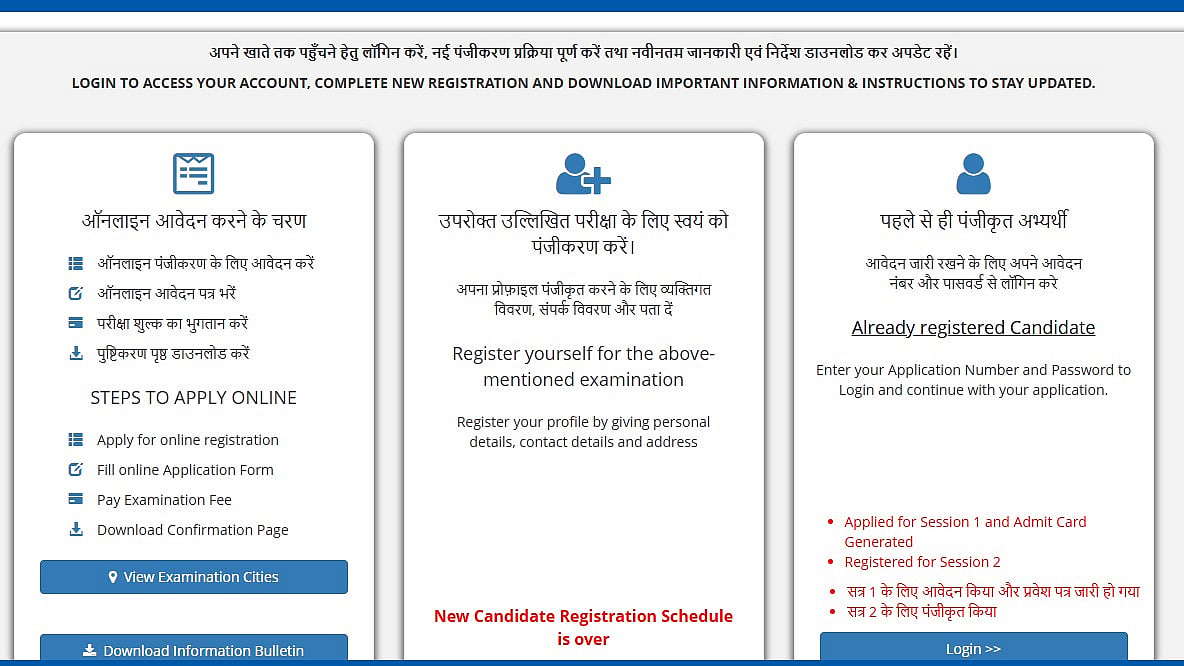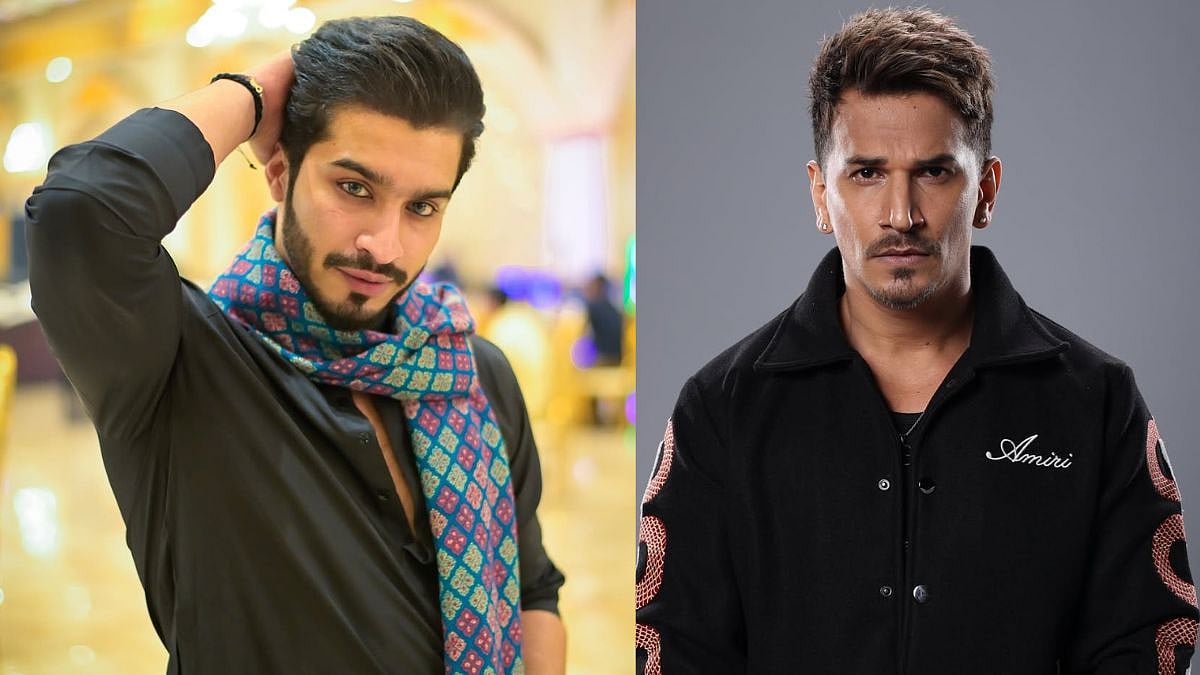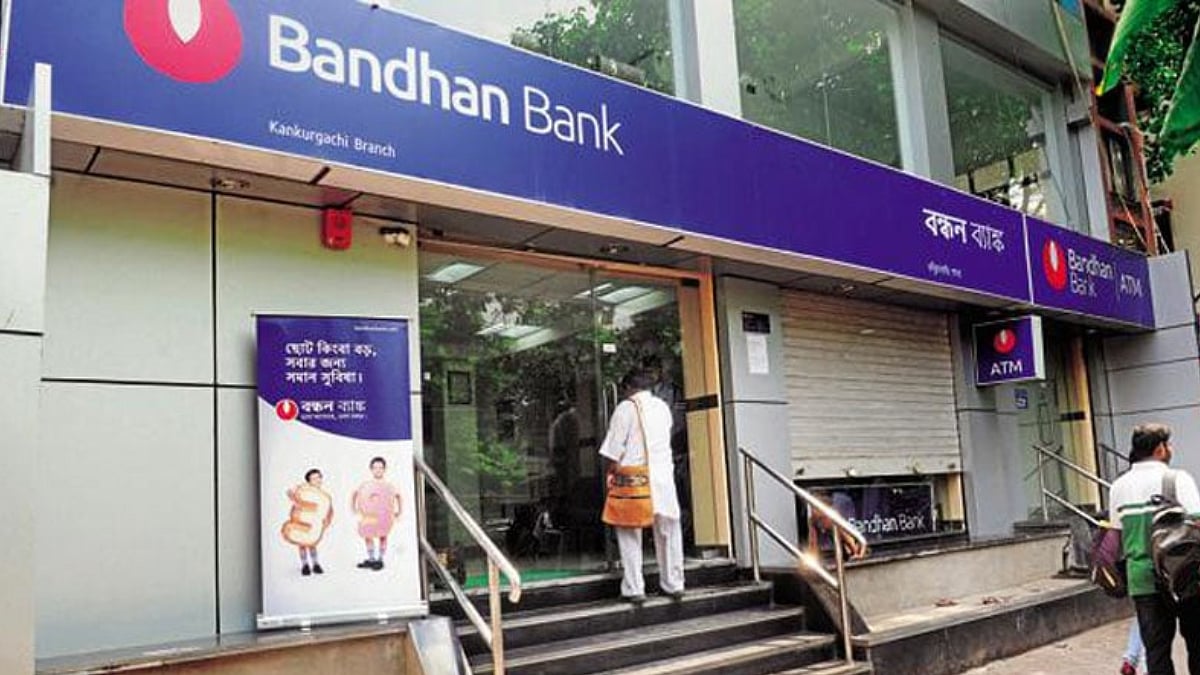Indore (Madhya Pradesh): Lest we forget! We have often used this phrase while remembering freedom fighters. However, the reality is scary. Everyone is aware of Jhansi’s Rani Laxmibai, who took on the Britishers in the first war of Independence in the year 1857. The image of the queen riding a horse with her eight-year-old son Damador Rao tied on her back with a cloth battling Britishers is sketched in everyone’s mind. Sadly, after Independence no government ever tried to seek an answer to the question which still haunts many: What happened to the minor Prince of Jhansi after Laxmibai’s martyrdom? FREE PRESS has the answer to this question after a year-long search.
The stark reality is that only a handful of people are aware that the Queen’s son Damador Rao and his next five generations lived an anonymous life in Indore that prides itself for being called Ahilya Nagari.
With no government or public help forthcoming, the first two generations of Queen’s descendants spent their life in a rented house in abject poverty. No effort was ever made to locate them. In fact, we all forgot them - be it the government, administration or people. In fact, the Queen’s descendants were staying in the city till 2011. Later, they shifted to Nagpur, where the sixth generation descendant now works in a software company and prefers to lead an anonymous life. They have kept their association with Jhansi alive by attaching the moniker Jhansiwale in their name.
While many royal families have managed to retain ownership of their properties, the descendants of the Queen of Jhansi continue to shell out money to buy tickets to visit the property of their ancestors in Jhansi.
Software engineer Yogesh Arun Rao Jhansiwale (44) is the sixth generation member of Queen Laxmibai’s family. He currently lives in Nagpur with his wife Preeti and two kids Preeyesh and Dhanika. His father Arun Rao Jhansiwale too lives with him. Arun Rao, who retired as an assistant engineer in the then MP Electricity Board (MPEB), owns a house in Dhanwantri Nagar in Indore.
‘My father Arun Rao Jhansiwale is Rani Sahiba’s fifth generation descendant. The story of our ancestors is quite tragic. While fighting the Britishers in 1857, a grievously injured Rani Sahiba realised that she would not survive. Hence, she handed over her son to her trustworthy people with large amount of gold jewellery and cash. She asked them and a group of guards to ensure his survival. The Queen attained martyrdom on June 18, 1857.”
He further said, “As Britishers were hell-bent on locating and killing Damodar Rao to end the Jhansi dynasty, the caretakers hid the prince in a forest. For the next two years, they kept on shifting from Gwalior to Morena to nearby places to keep Britishers at bay. Later, on recommendation of the King of Jhalawad Estate Prithwi Singh, British Resident Officer Sir Robert Hamilton agreed to give shelter to Prince Damodar Rao. In 1860, the prince was allowed live in exile under the watchful eyes of British soldiers in a house of Residency Area of Indore. He was granted a fixed annual pension of Rs 10,000.”
After attaining adulthood, Damodar Rao turned to painting. “He was an excellent painter and prepared a portrait of her valiant mother Rani Laxmibai. However, we have no idea about the current status of the portrait.”
Damador Rao breathed his last on May 20, 1906 at the age of 57, leaving behind his son Laxman Rao Jhansiwale, who was given a pension of Rs 200 per month by the Britishers. After the country attained independence on August 15, 1947, the then government asked Laxman Rao to vacate the house in the Residency area. The descendants of Rani Laxmibai had no option but to shift to a rented house in Peergali area of Rajwada, Indore.
Queen of Jhansi’s grandson worked as a freelance typist in the district court. As penury struck, the family often slept on an empty stomach. He left this world in extreme poverty in 1959 leaving behind son Krishna Rao Jhansiwale and son Chandrakant Rao. Krishna Rao, the great grandson of the Queen, worked as a steno-typist in Hukumchand Mill in Indore. He used to receive a pension of Rs 100 per month from the Central and UP government. After spending his entire life in the same rented house, Krishna Rao died in 1967. After his demise, the Central and the UP government discontinued the pension of the descendants of the Queen.
His son Arun Rao Jhansiwale was an engineer and joined MPEB. In 1994, he purchased a house in Dhanwantari Nagar in Indore. In fact, after Queen left Jhansi with son Damodar Rao, the family had to wait for five generations to own a house.
Reliving the family history with Free Press, Yogesh turned nostalgic and said, “We are the royal family of Jhansiwale. Some people, who are aware of our ancestry, prefer to write our full names as Shrimant Arun Rao Jhansiwale and Shrimant Yogesh Arun Rao Jhansiwale. However, we want to live as commoners. No one in the township in Nagpur, where we currently live, has an inkling that we are the real descendants of Jhansi’s Rani Laxmibai.”
With a tinge of sadness, he said, “Whenever I take my kids to Jhansi to show them our fort of Jhansi, we have to shell out money to buy an entry ticket.”
The feeling of being forgotten reflected as he said, “The first son of a royal family is declared a Prince and later King of the estate. Accordingly, my father Arun Rao Jhansiwale should be regarded as the King of erstwhile Jhansi Estate and I must be the Prince. However, we do not want to be remembered that way now.”





